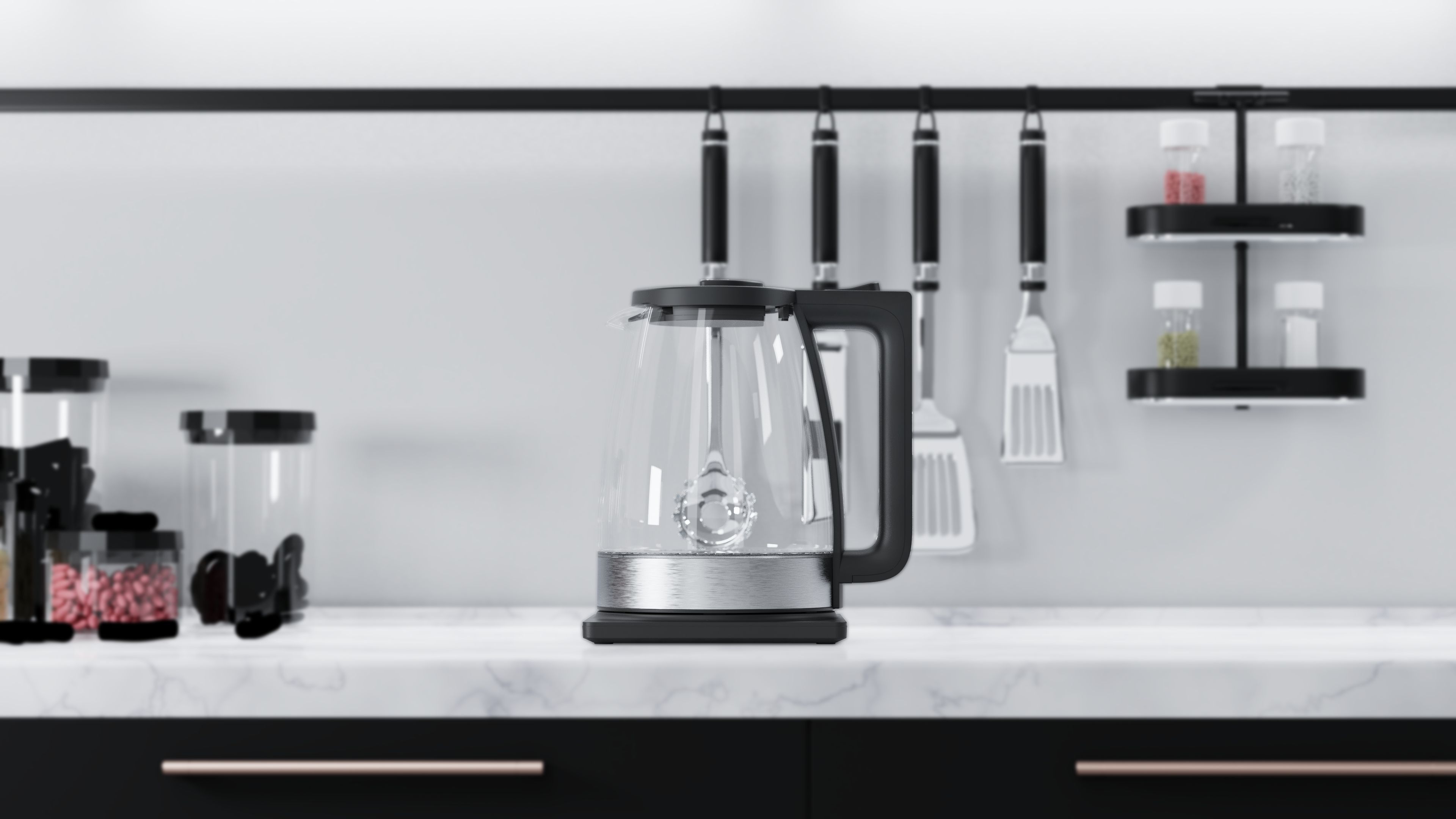With the improvement of living standards, electric kettle has become a modern family of essential small appliances. However, do you really understand electric kettle? How will the power size affect your experience? This article will take you in depth to explore the mystery of electric kettles, to provide you with the purchase of know-how and efficient use of the guide.
The speed at which a kettle heats up is affected by a number of factors. Here are a few of the main factors:
Power: Power is one of the key factors in determining the heating speed of a kettle. Generally speaking, the higher the power, the faster it heats up. However, it should be noted that too much power may cause the kettle's heating system to age faster, affecting the durability of the product.
Heating base and heating tube material: the material of the heating base and heating tube has a direct impact on the heating speed. High-quality metal heating tubes and stainless steel heating bases provide faster heating speeds and better durability. In contrast, glass heating base products heat up slowly, are not corrosion-resistant, and there is a risk of bursting with long-term use.
Coupler circle: coupler is connected to the heater and pot body components, coupler circle the more, the larger the contact area, the smaller the resistance, the larger the current, the higher the heating efficiency.
Capacity and power ratio: the reasonable ratio of capacity and power is very important. If the capacity is large and small power, the heating efficiency is low; if the capacity is small and the power is too high, it may lead to rapid aging of the heating system.
Heating structure of the airtightness: heating structure of the airtightness of the good and bad will also affect the heating speed. Good airtightness helps to preserve heat and reduce heat loss, thus improving heating efficiency.
Temperature control technology: the accuracy of temperature control technology is not only related to the stability of the water heating temperature, but also affects the stability of heating, which in turn affects the heating efficiency.
Voltage: The level of voltage will also affect the heating speed. With standard household circuit voltage, higher voltage usually means faster heating.
Altitude: Altitude affects atmospheric pressure, which in turn affects the boiling point of water. At higher altitudes, water has a lower boiling point and therefore will take less time to boil.
Ambient temperature: Ambient temperature also affects the heating rate. At lower ambient temperatures, the air around the kettle will slow down the heating of the water as the heat is dissipated into the environment.
Initial temperature of the water: The initial temperature of the water also affects the heating time. Water with a lower initial temperature will take more time to reach boiling point.
Type of Heating Element: The type of heating element, such as a closed or open heating element, also affects the heating rate. Enclosed heating elements usually heat up faster.

Combining these factors allows you to choose the best kettle for your specific needs. For example, if you often need to heat large quantities of water quickly, it would be wise to choose a kettle with high power, good heater material and a reasonable capacity to power ratio.
 العربية
العربية Russian
Russian Spanish
Spanish German
German Korean
Korean French
French




